|
I read bell hooks’s Ain’t I a Woman: Black Women and Feminism (1981), with audiobook narration by Adenrele Ojo.
When I was an undergraduate, we learned that the first wave of feminism (focused on women’s suffrage) and the second wave of feminism (focused on women’s liberation) served middle and upper class white women to the exclusion of others. By the time I came along as a Women’s Studies major in the early 2000s, the curriculum had a strong focus on inclusivity. Those gains are due in no small part to hooks. Though the term intersectionality wasn’t yet in the scholarly parlance, hooks anchored Ain’t I a Woman on the intersection of race and sex, with class and labor making frequent appearances. Three takeaways: One. Elizabeth Cady Stanton, like so many early feminists, was anti-slavery but not anti-racist. She wanted Black people free from chains on religious grounds, but she did not think of them as equals. I know we covered this when I was in college, but either they weren’t emphatic enough or I distorted the message. It would have been in character for me to tamp it down, to apologize for her (she meant well, she was doing the best she could for the time, etc.). Nope. Lady was a straight-up racist. Abolitionists can be racist. Two. The labor forces have changed so much, so quickly. I was born in the year hooks published the book, 1981. hooks devotes ample time to the idea of women in the workforce, because that was still one of the big social questions of the time. Yet it already seemed hopelessly outdated when I was growing up, the idea of women staying at home, expecting a man to provide for them. Capitalism was happy to assist with that social change. That sped things along. Laborers who earn less but control more of the household spending decisions? Let’s flood the workforce with them! Final takeaway: then, as now, our social movements cannot afford to exclude people’s needs. “Let’s fix patriarchy first, and then we’ll focus on sexism. Let’s solve poverty first, and then we’ll worry about accessibility.” No. We lift up everyone or we lift up no one.
0 Comments
I had planned to do horror books throughout the month. I started a new-to-me writer, Gemma Files, but there was heavy gun violence in the opening chapters, and this was not the week to read that.
Instead, I'll mention T. J. Klune. I've only read two of his books so far, but each one has been the emotional equivalent of hot cocoa and fat lazy cats. The only reason I'm not immediately reaching for another is that I'm trying to pace myself, one per year. The House in the Cerulean Sea is a fantasy novel and queer romance about finding family when you feel unwanted. Under the Whispering Door is a fantasy novel and queer romance with a redemption arc. You know that warm feeling you get inside when Scrooge looks out the window on Christmas morning, wondering what day it is? Same emotional payoff here. For books that will inform you or give you ideas for addressing a social problem...how about Isabel Wilkerson's Caste? I've read extensively about race and racism, and hers is one of the best. It's a long book and a longer audiobook, but it flew by, which is not something I often say about meticulously researched social histories. Out of professional interest--first as a librarian, now as an editor--I turned to The Storytelling Animal: How Stories Make Us Human, by Jonathan Gottschall. Also I turned to it because the audiobook lasts only five hours and I didn't have much time for pleasure reading this week.
I liked the somewhat different approach here. There are tons of books about the joys of reading, and this is the first I've encountered that looks at the role of storytelling in human evolution. Though this is not a science text, I don't normally see this much science and psychology alongside my literary criticism. Storytelling, Gottschall argues, is an adaptive trait that helps us practice conflict and novelty in a safe way--not only in the stories we consume deliberately, but also in the dreams we conjure at night. Stories communicate culture and values. Think sacred texts that unite members of religious communities. Or think Peter Benchley's Jaws. Following the release of Spielberg's movie, beach vacations plummeted, thanks to the shared cultural understanding that sharks will eat you. Recommended if you need a quick, diverting read that will flatter you for being more empathetic than people who do not read books. (The pro-social benefits of reading, especially with fiction, have been amply demonstrated in studies.) Narrator Kris Koscheski was fine, but disclaimer, he's in that school of audiobook narration that applies accents to real people. For example, when he was quoting George W. Bush, he took on a Texas twang. I expect accents in my narrated fiction but they irritate me in narrated nonfiction. In Together: The Healing Power of Human Connection in a Sometimes Lonely World, Dr. Vivek Murthy uses his pulpit as the U.S. Surgeon General to focus not on heart disease or obesity or addiction but on loneliness.
As a person who is lonely (a bad thing) but who enjoys solitude (a good thing), I am a sucker for books that examine isolation and loneliness. I'm always looking for insights into my own existence and what changes, if any, could be made. Though each individual's social needs are unique, humans generally are hardwired to fear loneliness. Murthy discusses an experiment showing that students, arbitrarily informed they were likely to be lonely as adults, performed poorly on academic tests compared to students informed they were going to have successful marriages and social connections. (A third group, informed they were likely to suffer physical pain from accidents and injuries, did not perform poorly.) I disliked some of Murthy's assumptions, e.g., that technology is bad because it distracts us from in-person relationships. WHAT in-person relationships? Pray tell, Dr. Murthy. Also, I get mighty irritated when eye contact is regarded as something virtuous. The neurodivergent folks would like a word. So would the people from cultures where eye contract is construed as aggressive. Nor was there enough discussion of people with personality disorders. Do they need the same connections? Do they want them? They were barely mentioned in the book. So at times I found myself snapping at Dr. Murthy as he narrated the audiobook. Still though, I learned some new things, and I don't mind recommending it for people who get lonely at times. In a world that is increasingly fractured, with economic systems that are hostile to community, that would be most of us. The Address Book is about street addresses, street numbers, and street names, which sounds dreadful, like the textbook for a course on municipal planning, but Deirdre Mask makes it fascinating. This is maybe my favorite type of nonfiction, the deep dive into subjects you never knew you cared about.
Some writers attempt this, but instead of crafting a compelling narrative, they produce a book full of the neat facts they found while doing their research. Those books read more like encyclopedias than stories. There are neat facts aplenty, to be sure. If you ever wondered why the vaguely dirty sounding Grope Lane is so prevalent in English towns, you may be surprised to find this is the cleaned up version. Grope C*nt Lane used to be the name of the place where you could find prostitutes, which is a fine example of truth in advertising. But Mask hangs all these neat facts on the larger human interest story. In the United States and throughout the world, a physical address is a crucial component for getting out of poverty. You can't open a bank account to save money or receive direct deposits if you don't have a home address. You can't apply for jobs. You can't receive mail. This is a blend of history, social science, human rights, geography, medicine, and various other areas of interest, recommended for fans of Mark Kurlansky and Mary Roach. It was published in April 2020, when we were reading sourdough bread recipes and reports of mounting casualties and overwhelmed hospitals, so you probably missed it when it came out. Go back and give it a read. A version of this post originally appeared on April 15, 2023.
Sebene Selassie is among my favorite teachers on 10% Happier, the app I use for mindfulness meditation. A cousin to Robin Wall Kimmerer's Braiding Sweetgrass, You Belong is a mix of meditation guidance, memoir, ethics, and social science (though Selassie reminds us that science is but one way of understanding the world). It's about belonging and how things go to hell when we feel we don't belong, individually and in the larger world. I recommend this one for a couple of reasons. First, it's a good discussion of social justice. Teachings on meditation, spirituality, and religion have the potential to liberate whole swaths of society. These paths of inquiry are not just about improving compassion or tightening your focus or helping regulate your emotions. Second, it's a solid resource for starting or enhancing mindfulness meditation. I've meditated nearly every day for the past four years and I'm still a novice, albeit a novice who's benefited from the practice. I learned a lot, especially about Buddhism. But if you are allergic to mysticism and spirituality, I would instead recommend Meditation for Fidgety Skeptics, the Dan Harris book that first got me meditating. Selassie's voice is like lemonade in July. Audiobook strongly recommended. |
Book talks
When Covid first hit, I started doing book talks on social media as a way to keep in touch with people. I never got out of the habit. I don't discuss books by my clients, and if I don't like a book, I won't discuss it at all. While I will sometimes focus on craft or offer gentle critical perspectives, as a matter of professional courtesy, I don't trash writers. Unless they're dead. Then the gloves come off. Archives
February 2024
Tags
All
|
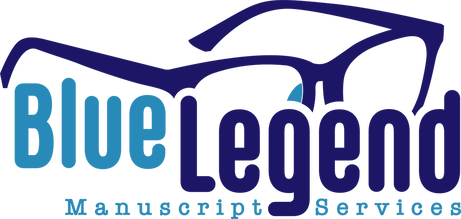
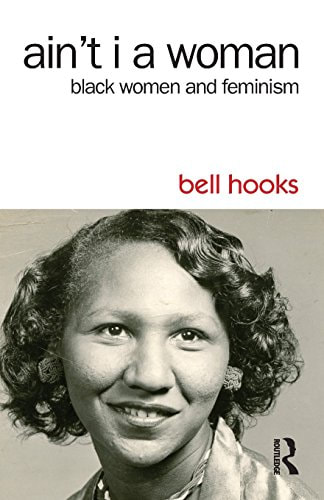
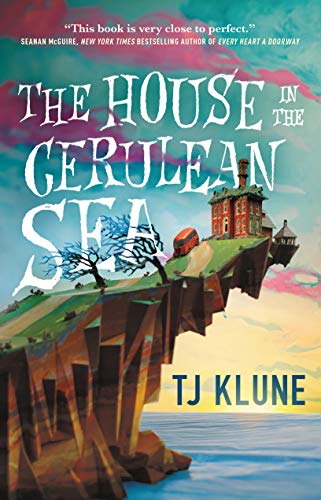
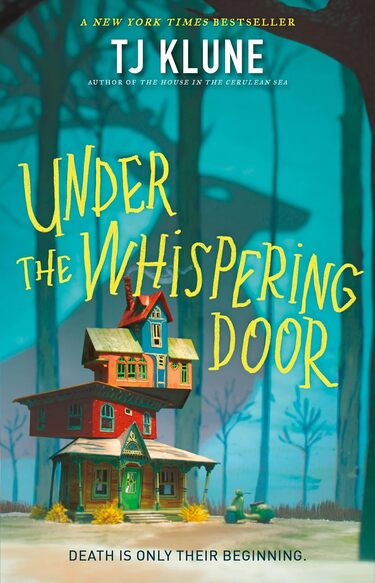
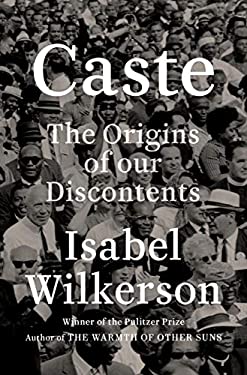
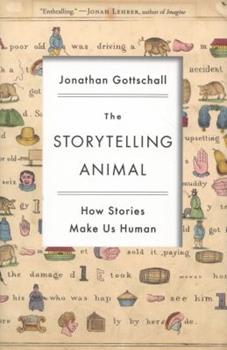
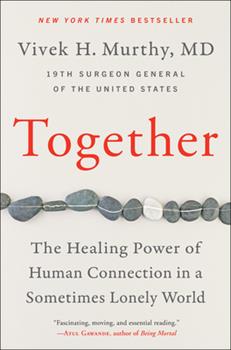
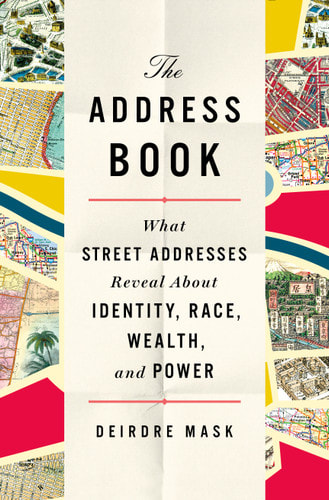
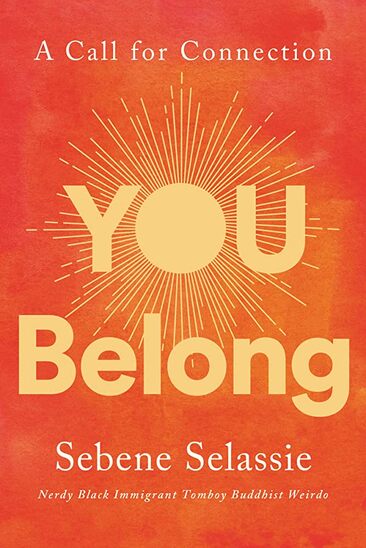
 RSS Feed
RSS Feed